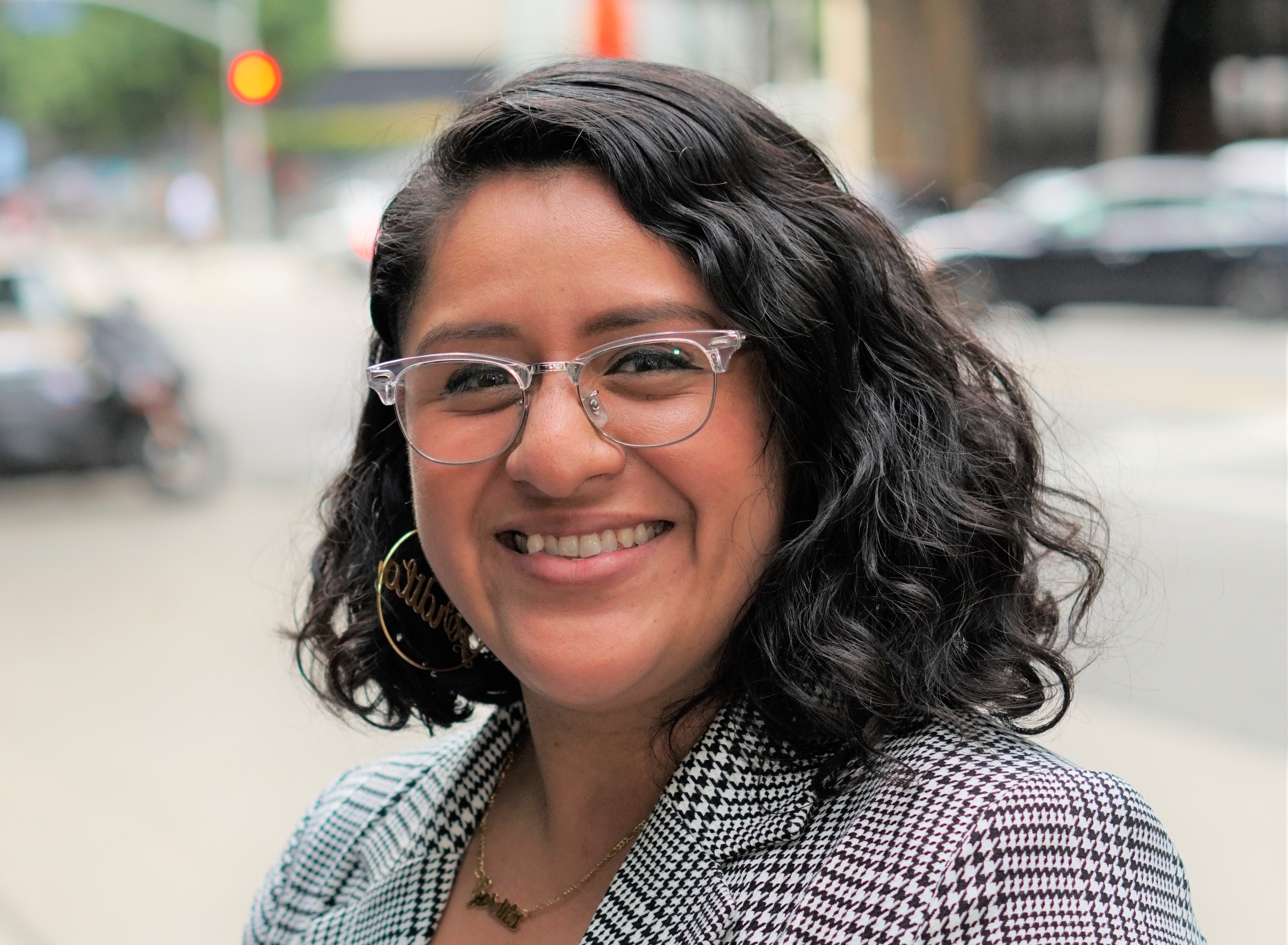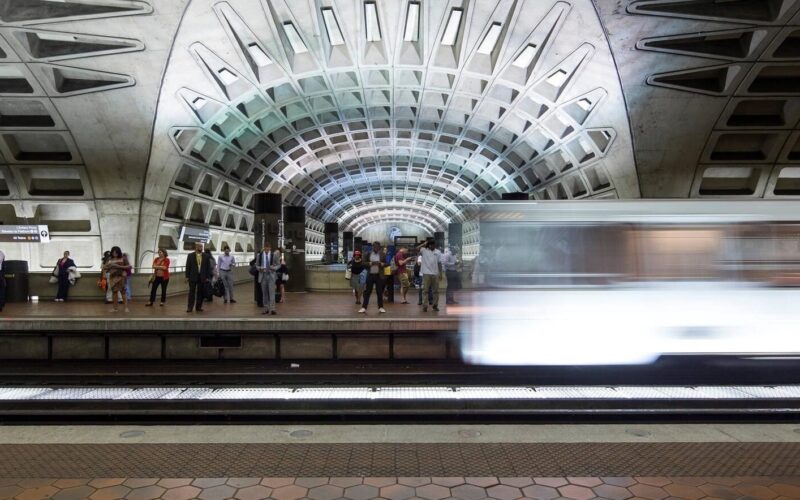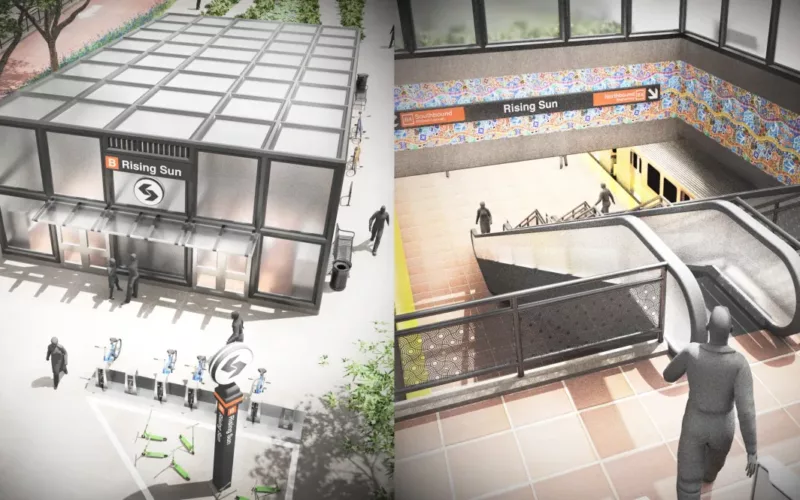
Carolyn Vera is a mentee in TransitCenter’s inaugural Women Changing Transportation mentorship program, which we developed in response to the underrepresentation of women in the transit workforce. Women Changing Transportation aims to create connections and provide support for reform-minded women in the industry who are committed to making transit more effective and equitable.
Vera is a transportation planner with Fehr & Peers, a national transportation-engineering firm. Fehr & Peers has partnered with the Los Angeles Department of Transportation to implement the Dignity Infused Engagement Program, which centers community members in the Vision Zero planning process from the very beginning of a project.
Tell us about your program! What problem is it trying to solve?
Carolyn: Dignity Infused Community Engagement, or DICE for short, is about transforming the ways in which we engage with communities in LA around Vision Zero and around equity and public projects. The goal of DICE is to integrate community residents into every single stage of a project lifecycle, rather than telling people: “you have a bike lane coming, let me send this mailer home to you, good luck, construction starts in two weeks.”
Our street team just wrapped up 35 days of engagement about safety improvements LADOT is making on a six mile stretch of Avalon Boulevard in South Central Los Angeles. Some members of our street team are actually residents of the corridor and were able to go door knocking to let people, some of whom were their neighbors, know about the project.
By the time we hosted an open house, we saw community residents arrive already aware of the project and ready to talk to transportation engineers about specific changes they wanted to see because they’ve talked with our street team two or three times already.
This program is really about changing the way we interact with communities. We don’t deny that we’re transportation experts, but we’re not experts on what people experience every single day on Avalon Boulevard, and no level of transportation-engineering expertise can really give us that story.
Why are programs like Women Changing Transportation important?
I’ve been in the engineering and transportation planning realm for the last few years, and it’s often been difficult to find mentors, not only of color, but mentors who are women. That’s the identity that I occupy, and I approach my work and the things I do from that perspective. It’s been difficult to find other mentors who one, have that experience and two, were in a senior level position that can offer me the feedback and areas of growth that I really need in order to become the type of transportation planner I would like to be.
Thanks to the Women Changing Transportation program I now have a cohort of women of color transportation planners that I didn’t have before. That means that I can pick up my phone and I can get feedback or a strategy session on how to approach an issue at work, I can get feedback on how to approach a conversation with a client, and I have a resource right at my fingertips. Why does that matter? Because if not, I wouldn’t necessarily have the resources to enhance or speed up my success as a woman from South Central Los Angeles.
 On the Brink: Will WMATA’s Progress Be Erased by 2024?
On the Brink: Will WMATA’s Progress Be Erased by 2024?
The experience of being a WMATA rider has substantially improved over the last 18 months, thanks to changes the agency has made like adding off-peak service and simplifying fares. Things are about to get even better with the launch of all-door boarding later this fall, overnight bus service on some lines starting in December, and an ambitious plan to redesign the Metrobus network. But all of this could go away by July 1, 2024.
Read More To Achieve Justice and Climate Outcomes, Fund These Transit Capital Projects
To Achieve Justice and Climate Outcomes, Fund These Transit Capital Projects
Transit advocates, organizers, and riders are calling on local and state agencies along with the USDOT to advance projects designed to improve the mobility of Black and Brown individuals at a time when there is unprecedented funding and an equitable framework to transform transportation infrastructure, support the climate, and right historic injustices.
Read More